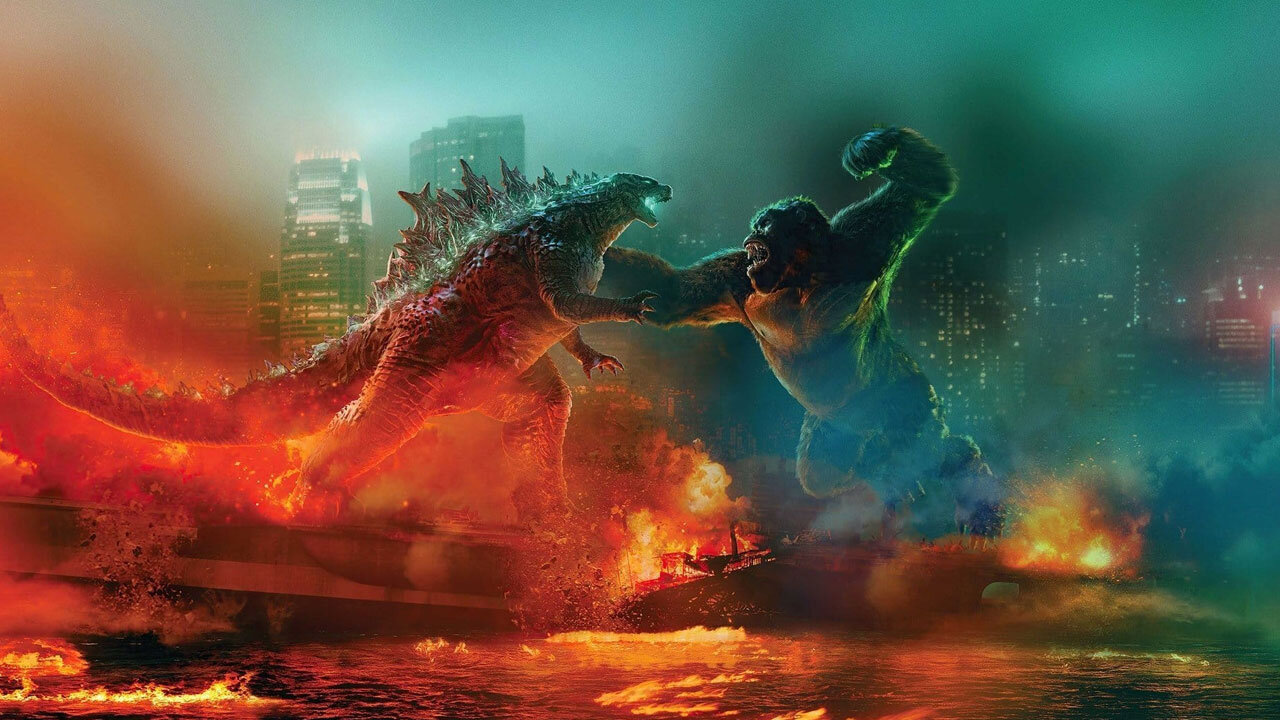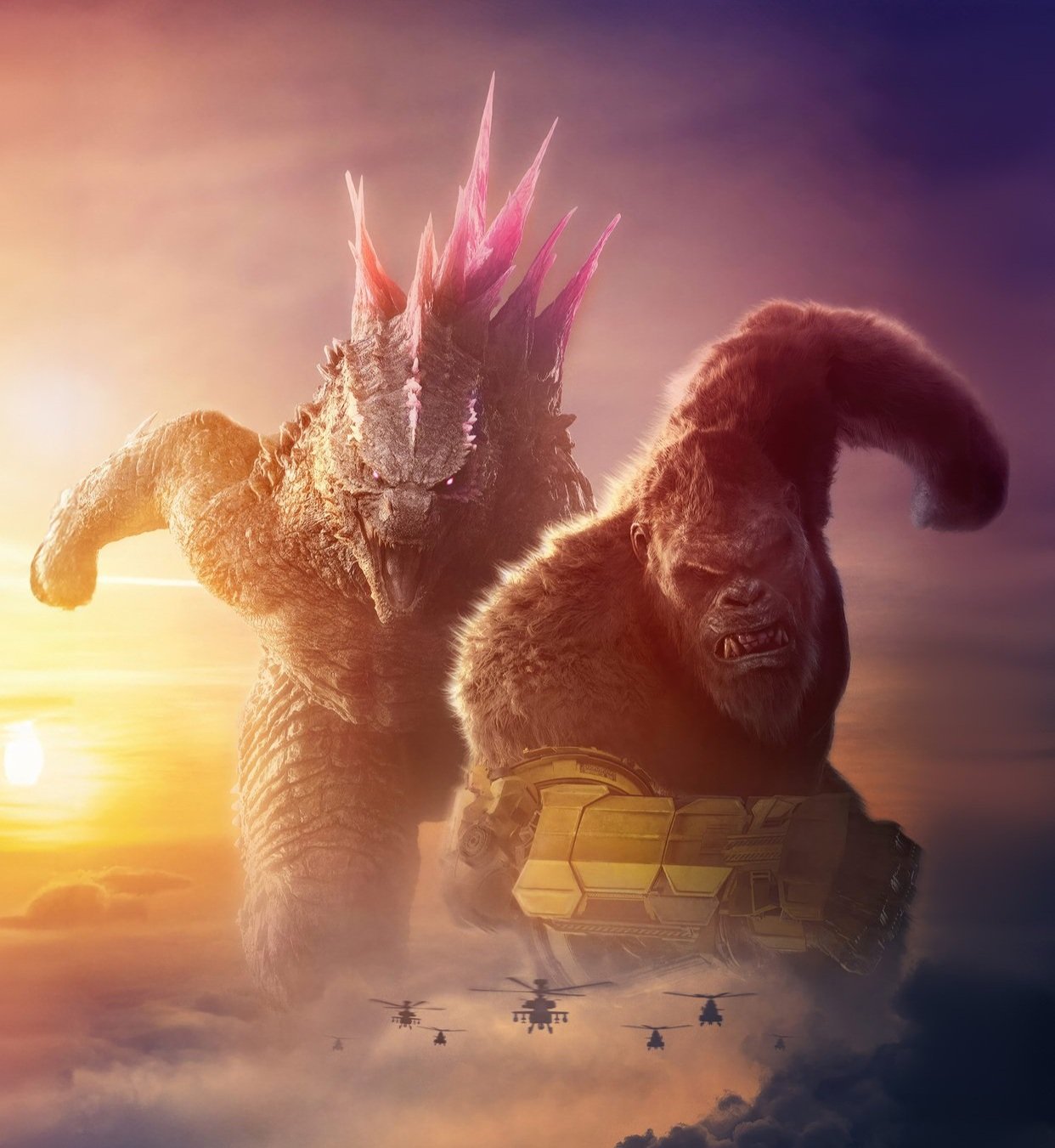Godzilla Minus One

Taking an entirely different approach from Hollywood’s recent ‘MonsterVerse’ movies, this Japanese film returns Godzilla to his allegorical horror roots. The result is, perhaps unsurprisingly, most likely to appeal to those who weren’t impressed with the recent Hollywood films.
Premise: At the end of World War II, kamikaze pilot Kōichi Shikishima barely survives an encounter with a prehistoric creature known as ‘Godzilla’. Suffering from PTSD and survivor’s guilt in post-war Tokyo, Shikishima starts to build a new life for himself with others who lost their entire families in the war, until Godzilla is sighted again, now mutated and increased in size by the US nuclear tests at Bikini Atoll.
Review:
It’s fair to say that Godzilla Minus One is a very different take on the character of Godzilla that what we’ve see in the recent ‘MonsterVerse’ films. Although 2014’s Godzilla and 2019’s Godzilla: King of the Monsters started off relatively grounded, by the time the series reached 2021’s Godzilla vs. Kong and 2024’s Godzilla x Kong: The New Empire, it was little more than a Kaiju-themed, theatrically over-the-top, pantomime WWE wrestling match.
Godzilla Minus One, on the other hand, deals with some weighty themes and ideas, even if through the medium of a Kaiju movie. It touches on the futility of war, the trauma and hardship of life in post-war Japan, the fact that the majority of the people of Japan may not necessarily have shared their leaders’ views on the cost of the war, the shame and survivor’s guilt felt by those Japanese soldiers who did survive World War II, the orphans created by the war, and the value of every individual human life. Not necessarily what you might expect from a Godzilla movie.
“…Godzilla is restored to his allegorical/mythological status…”
With such emphasis on the human characters (something that many felt was lacking in the ‘MonsterVerse’ films), it’s perhaps not surprising that they get the majority of the screentime, with Godzilla only appearing sparingly. That said, sometimes ‘less is more’, and when Godzilla is onscreen in Godzilla Minus One, he’s used very effectively. In this movie, Godzilla is restored to his allegorical/mythological status – a destructive force of nature that in this film once again acts as a metaphor for the nuclear devastation post-war Japan was still struggling to come to terms with.
In this movie, Godzilla is very much the antagonist – certainly not a villain, but as an amoral and unstoppable elemental catastrophe, he leaves destruction and death in his wake wherever he goes. As a result, audiences shouldn’t expect a third act showdown between Godzilla and a ‘bad’ Kaiju, as this movie is instead focused on the human’s attempts to survive Godzilla’s onslaught.
“…a fascinatingly different approach to the character…”
There are plenty of things to love about Godzilla Minus One, such as its thought-provoking themes and its well-drawn human characters – but it’s also fair to say this this movie won’t be to everyone’s taste. The VFX are good (the movie did win the Best Visual Effects Oscar, after all, and Takashi Yamazaki was the film’s VFX supervisor as well as its director), but I felt that Godzilla’s movements were extremely stilted and unnatural. This was presumably an intentional tribute to the days when Godzilla was played by a ‘man in a suit’ who couldn’t see what he was doing as he waddled around miniature buildings, but it did seem like an odd creative choice to me. There’s also no escaping that fact that the Japanese approach to acting appears to be far more ‘heightened’ than Western audiences might be used to, so for me, a lot of the performances felt a little melodramatically over the top, rather than naturalistic and grounded.
Cultural differences aside, the fact remains that Godzilla Minus One is a fascinatingly different approach to the character, that may appeal to audiences that weren’t interested in the ‘MonsterVerse’ movies (as well as those that were). It’s not a binary choice – you can like both – and if nothing else, Godzilla Minus One demonstrates just how versatile the character of Godzilla is, and how there are almost endless possible ways to approach his mythology.







